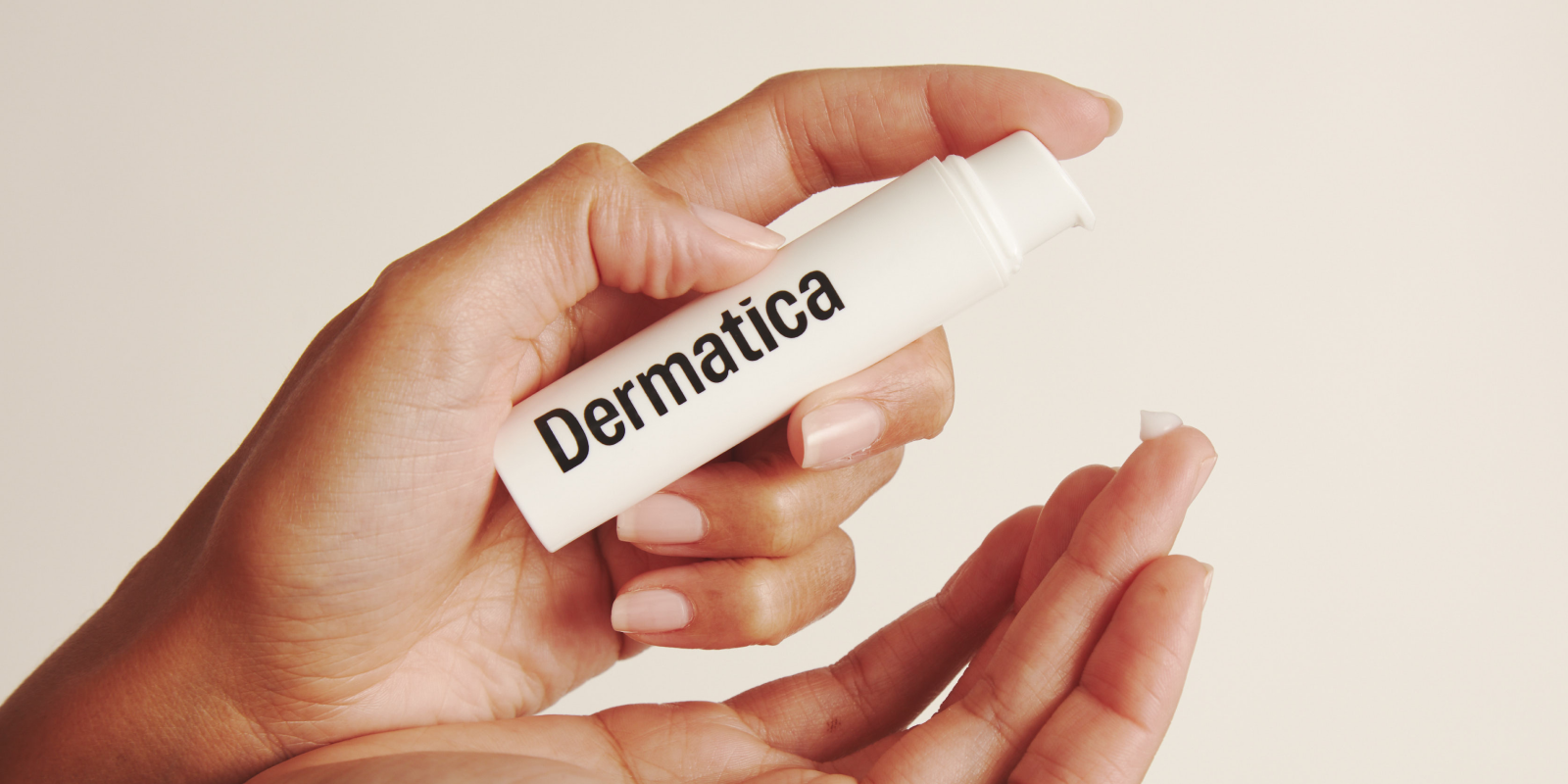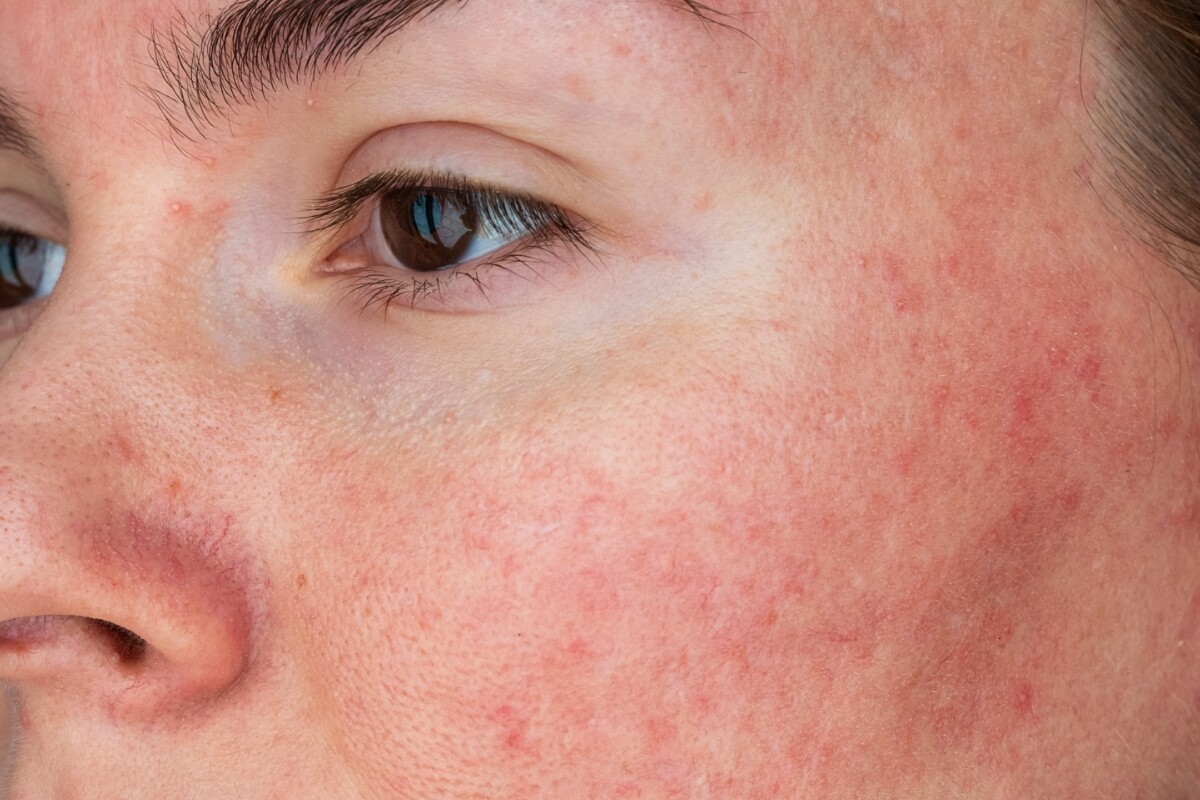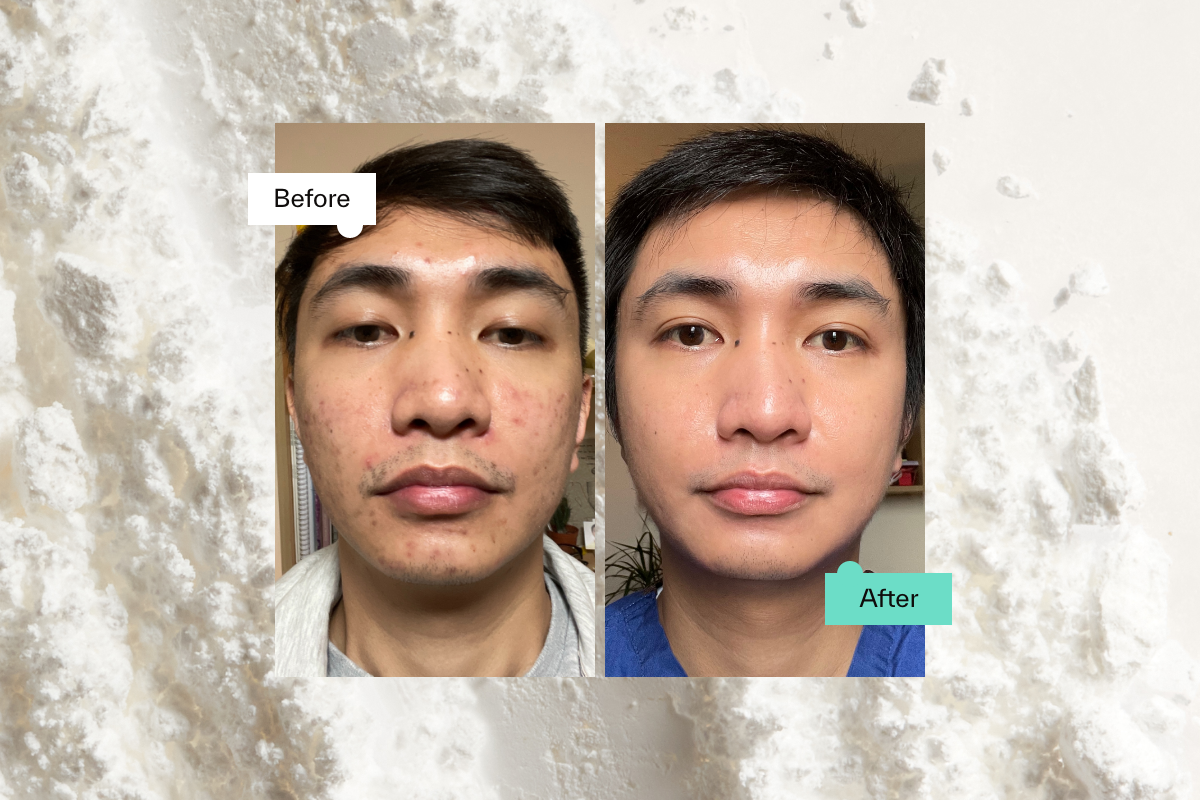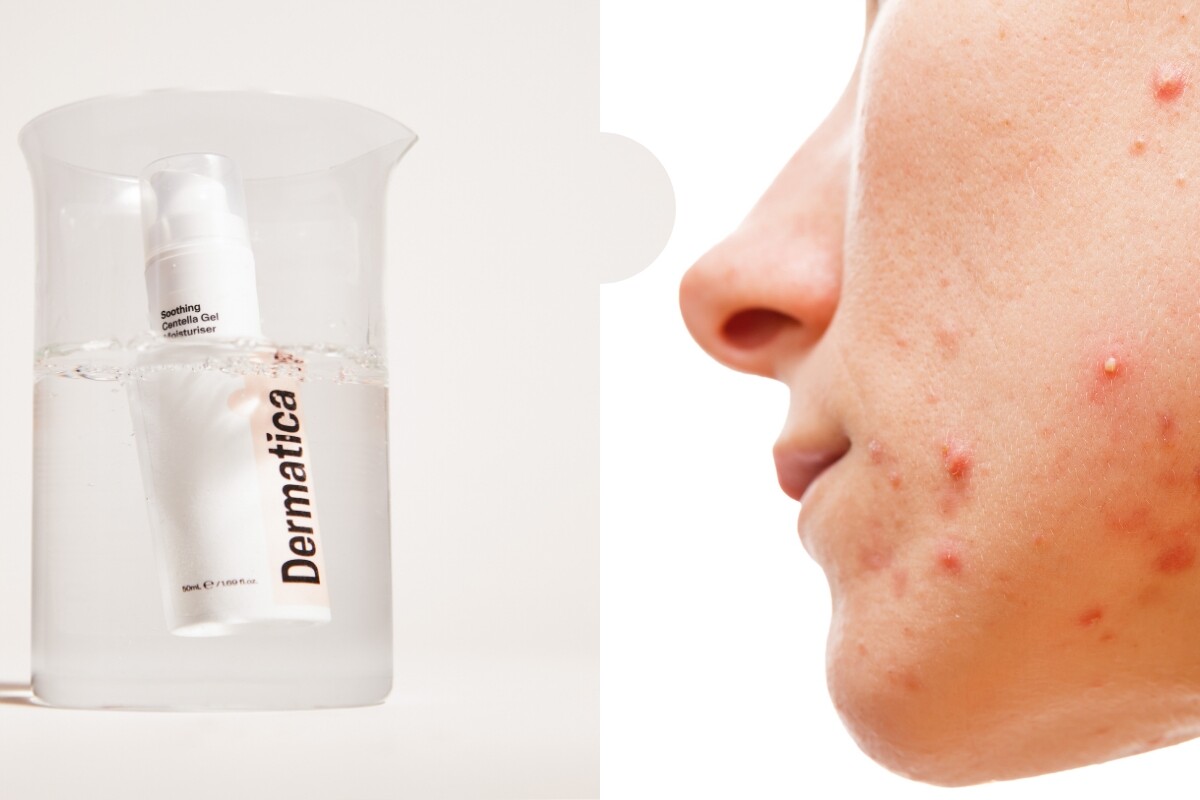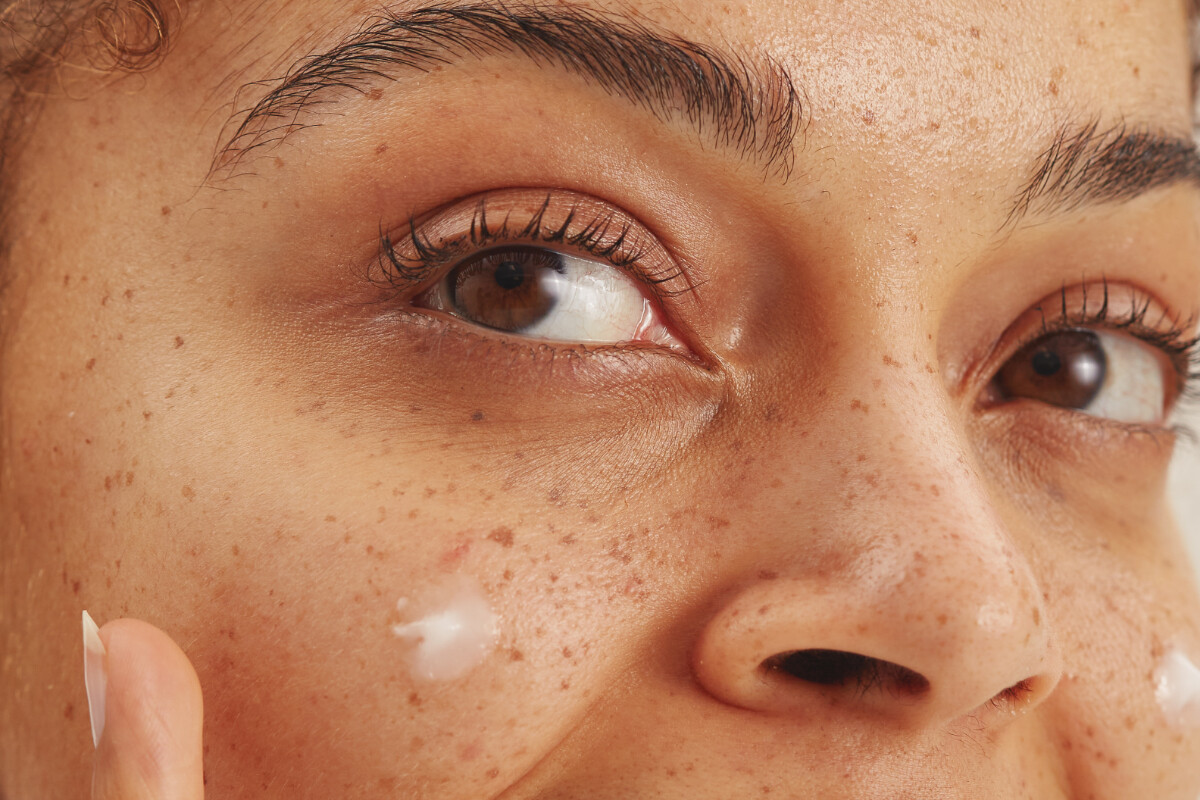When it comes to skincare buzzwords, ‘retinoid’ is a regular contender for one of the most popular treatments on everyone’s lips. A powerful group of compounds derived from Vitamin A, retinoids are used to treat acne, prevent ageing, and even reverse existing skin damage. There are many different retinoids – you might have heard of adapalene, or seen tretinoin before-and-after transformations – and they come in all different forms, from gels to ointments and creams to foams.
Are retinoids for you?
Retinoids essentially train your skin to increase cell turnover, revealing brighter, tighter skin. It isn’t an overnight process – some people find it can take 8-12 weeks to see results – but it’s an extremely effective way of tackling common skin issues, as over time, it boosts collagen production and increases the production of blood vessels, making for a smoother, more supple face.
There are a couple of caveats. You can’t use retinoids if you’re pregnant or breastfeeding, and should not be used if you have active eczema, dermatitis or psoriasis on your face. That being said, retinoids can treat everything from ageing to acne, and almost every skin type benefits from using them.
Starting your retinoid treatment
Retinoids are some of the strongest actives in skincare available, which is why you need a prescription for those we stock here at Dermatica, such as tretinoin. When you receive a retinoid prescription, it can be tempting to start regularly incorporating it into your routine straight away – but be careful. Irrespective of your skin type, you should expect to see a few side effects when you start to use your prescribed retinoids; these include peeling and redness as your skin cell turnover is increased. Don’t panic! This is a normal response, known as ‘retinisation’, and shouldn’t last more than 3-4 weeks. However, due to the increased sensitivity of your skin when you start on a retinoid, you should gradually increase your use of it over time and give your face a chance to get used to it. We recommend using a low-and-slow ‘laddered’ approach.
To effectively ‘ladder’ potent skincare, you’ll increase your dose slowly over time. For the first two weeks of retinoid use, for example, you should stick to applying the cream two or three nights a week. During the third and fourth week, you can apply it more often, and if your skin appears to be less sensitive to the product by this point, you can begin applying your retinoid every night. Remember to check in with your skin, though – these are general guidelines, and individual people experience retinoid treatment differently. If your skin doesn’t seem happy – it’s inflamed, flaky or sore – reduce your use back down to a couple of applications each week and start building up again from there. Ultimately, you want to apply your retinoid nightly, but it can take a while to get there. If you’re finding the beginning of the process irritates your skin, we recommend applying a thin layer of moisturiser prior to your retinoid, to soothe your skin. Wait until the moisturiser is fully absorbed, and then continue with the treatment.
The other thing it’s important to know about retinoid use is that it increases the sensitivity of your skin. That’s why it’s important to only apply retinoids at night, and it’s also absolutely vital to use an SPF of at least 30 in the morning (although we recommend SPF50!).
What else should I do when using a retinoid?
There are other things you should watch out for when using retinoids. Make sure you stay hydrated throughout the day – drink plenty of water, and set your skin up with a humectant-rich moisturiser. (That means seeking out something high in ingredients like ceramides, niacinamide and hyaluronic acid. Check out our Nourishing Ceramide and Peptide Moisturiser here). You should also be careful about what other active ingredients you incorporate into a skincare routine with retinoids. For example, AHAs, BHAs, and alcohol can all increase irritation when combined with retinoids; you don’t have to cut them out altogether, but it’s wise to remove other irritants temporarily when you start on retinoids, and reintroduce them into your morning routine slowly and sparingly if desired.
Interested in what retinoids can do for your skin? Begin your Dermatica consultation today and find the skincare that works for you!
Dr Catriona Maybury
Dr Catriona Maybury is a Consultant Dermatologist, working as Medical Lead for Dermatica and at St George’s Hospital in London. Catriona completed her specialty training at St John’s Institute of Dermatology in London. Catriona has a special interest in medical dermatology, completing a PhD in liver fibrosis amongst psoriasis patients at King’s College London. Catriona is a certified coach and worked as Dermatology Section Editor for the British Medical Journal.

